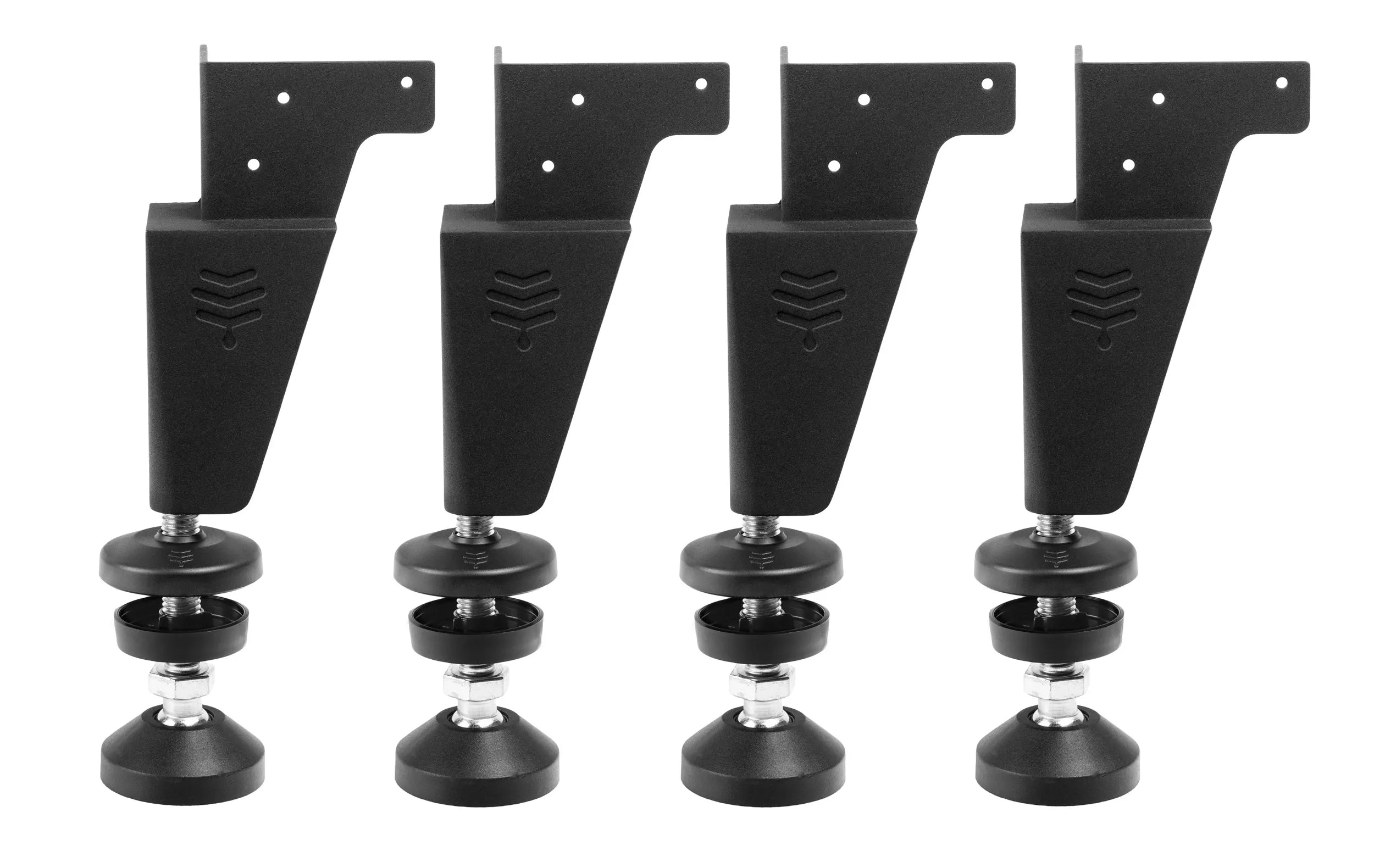Your Cart is Empty
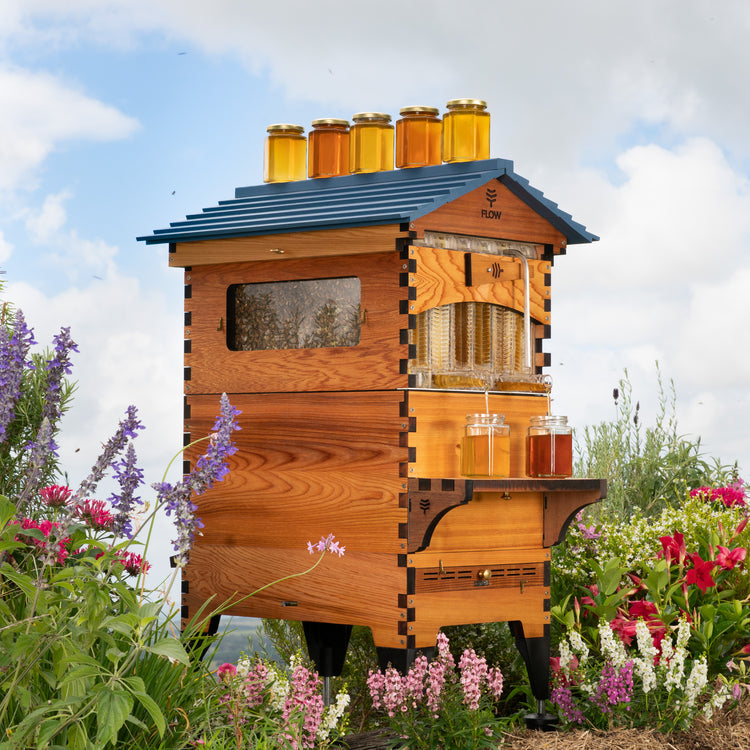
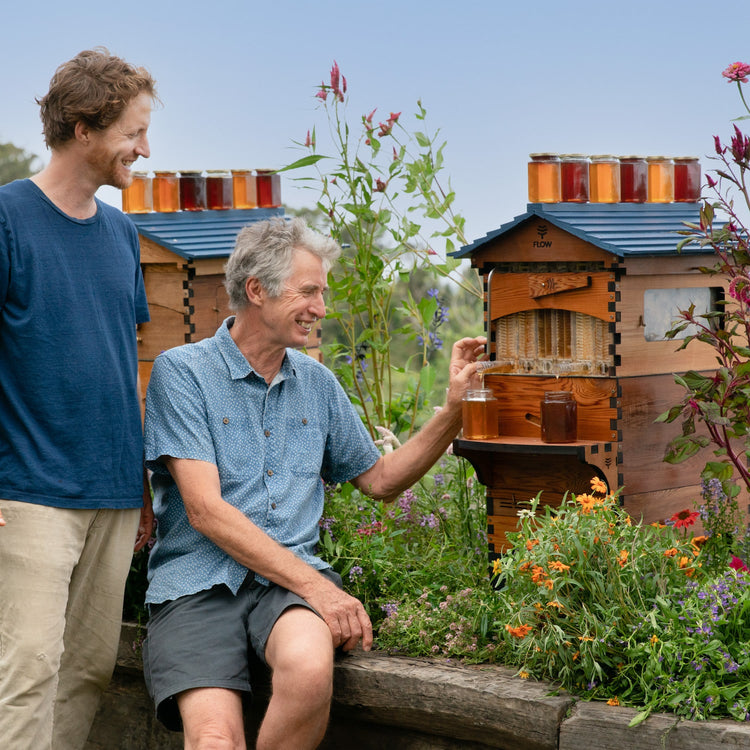
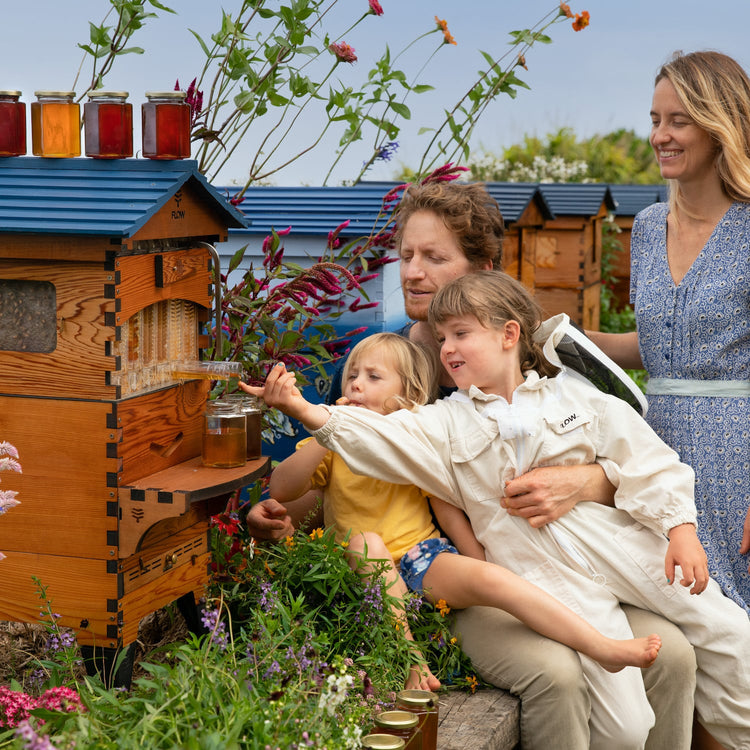
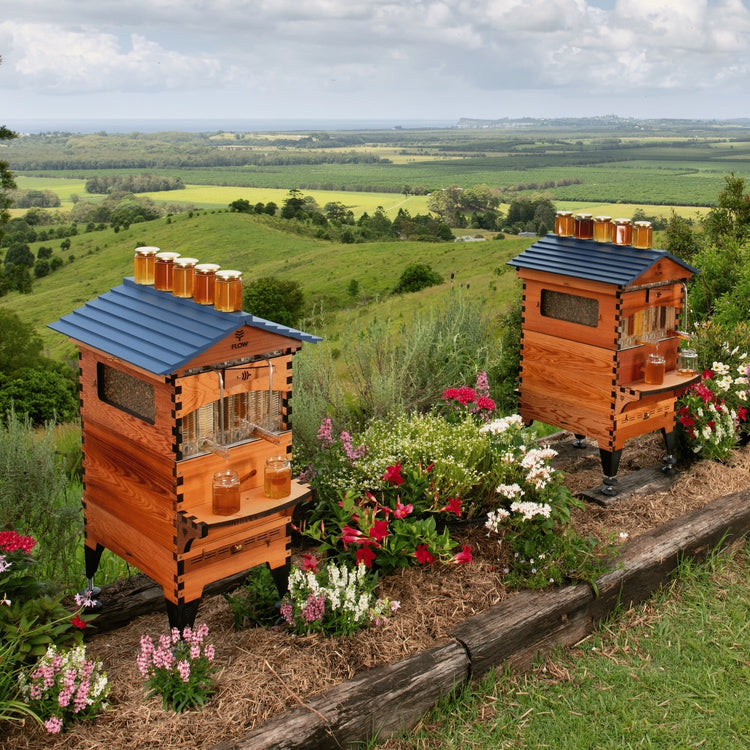
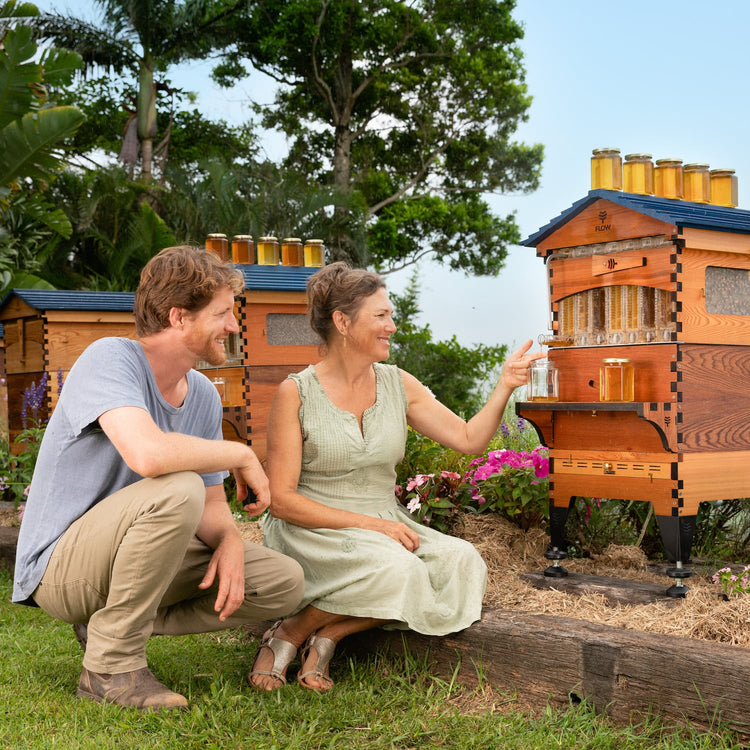

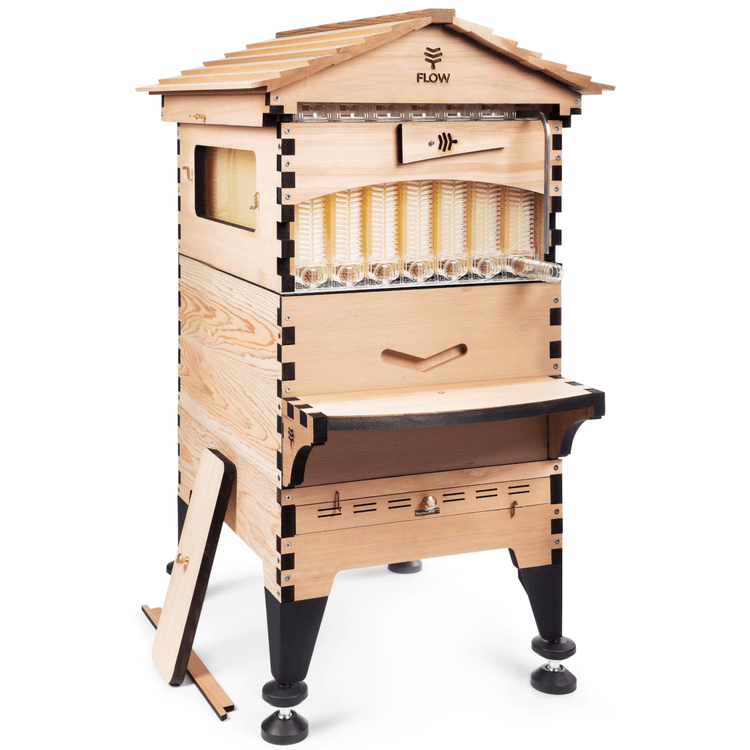
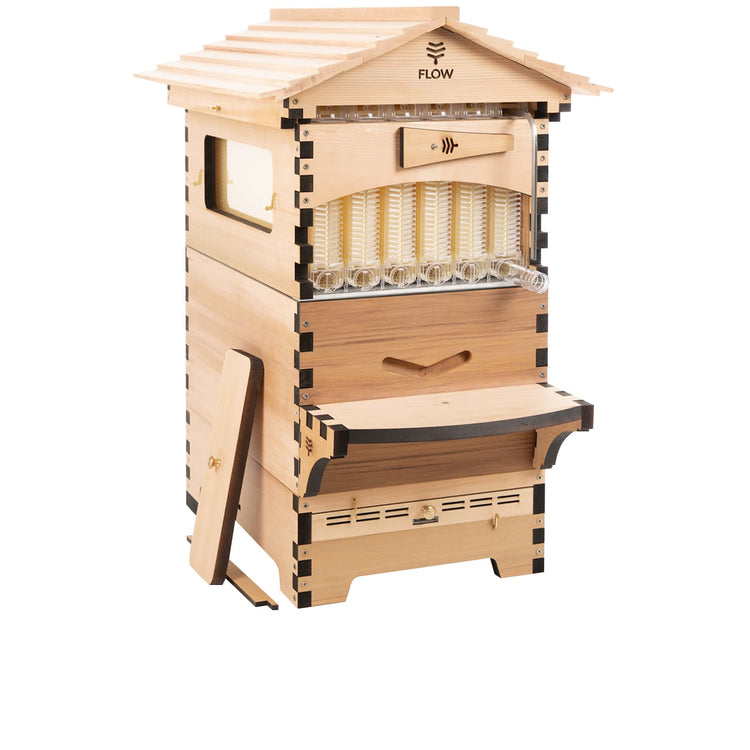
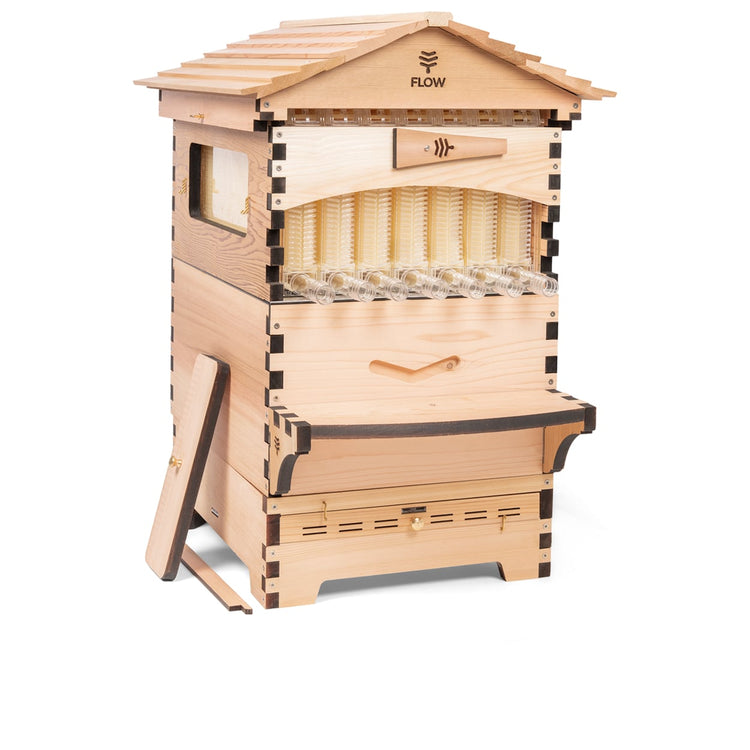
Bee prepared to grow your apiary in spring
Now is a good time to start planning for next season. Having an extra hive will allow you to split your colony and be prepared for swarming.
The Flow Hive 2+ is our premium hive, made from western red cedar and packed with innovative hive features to help you take great care of your bees.
US $869 - US $1,029
Beekeeping reading
Winter is a great time to brush up on your beekeeping knowledge. Our book combines the story of Flow with a guide to beekeeping. It will be published in February and is available to pre-order now.
Add an entrance reducer
Our Flow Entrance Reducer is handy for protecting against predators and robbing, reducing drafts in cold climates and can be used to seal the hive entrance for short periods when relocating your hive.
Do not disturb
It’s best to avoid any hive or brood inspections when the weather is cold. The bees will maintain a brood temperature of 34-36°C (94 to 97°F). It is dangerous to expose them to low temperatures by opening up the hive, so keep it closed.
Top Tip: It’s possible to figure out what part of the hive the bees are in by listening closely. The nearer they are to the top, the less stores they have left – so this can be a way of knowing whether, and when you need to feed them.
Your winter questions answered
We're here to support your beekeeping journey!
You can connect with our team via phone, email, live chat or through our social platforms. Cedar even answers your questions live streamed from the apiary every Wednesday!
Inspire others to get involved
Do you know someone who’s keen on taking up beekeeping in the new year? Have you convinced a friend to follow you into the beekeeping world?
Our Refer-A-Friend program allows your friend to receive US$50 off their first hive, and you receive a sweet US$50 reward.
If you don’t have a beekeeping buddy, consider linking up with someone local on the Flow Community Forum.




